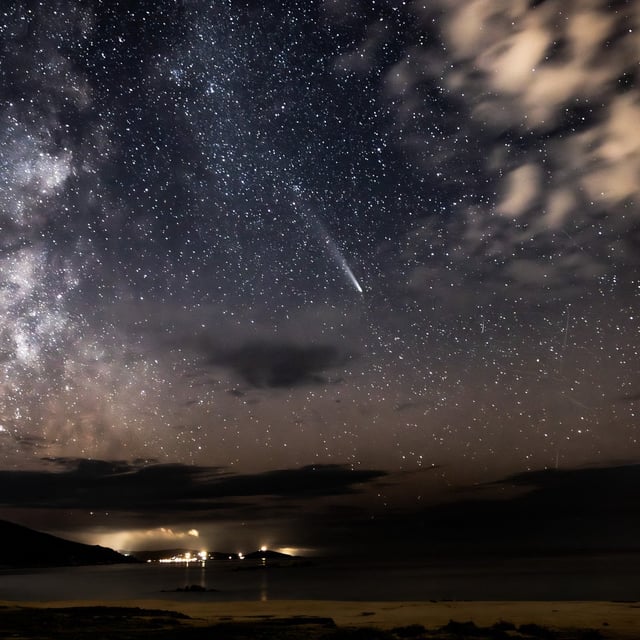Overview
- Kyoto University cryopreserved mouse spermatogonial stem cells on Earth, stored them in an ISS freezer for six months, then returned them for testing.
- The thawed cells proliferated comparably to Earth controls and showed no increase in apoptosis or DNA damage.
- After in vitro expansion and transplantation into mouse testes, natural mating yielded healthy pups within three to four months with normal gene expression.
- Researchers report minimal spaceflight effects and link most cell loss to cryopreservation conditions, including hydrogen peroxide exposure.
- The findings inform strategies for preserving fertility during long missions, while lifespan and multigenerational outcomes remain under study.
